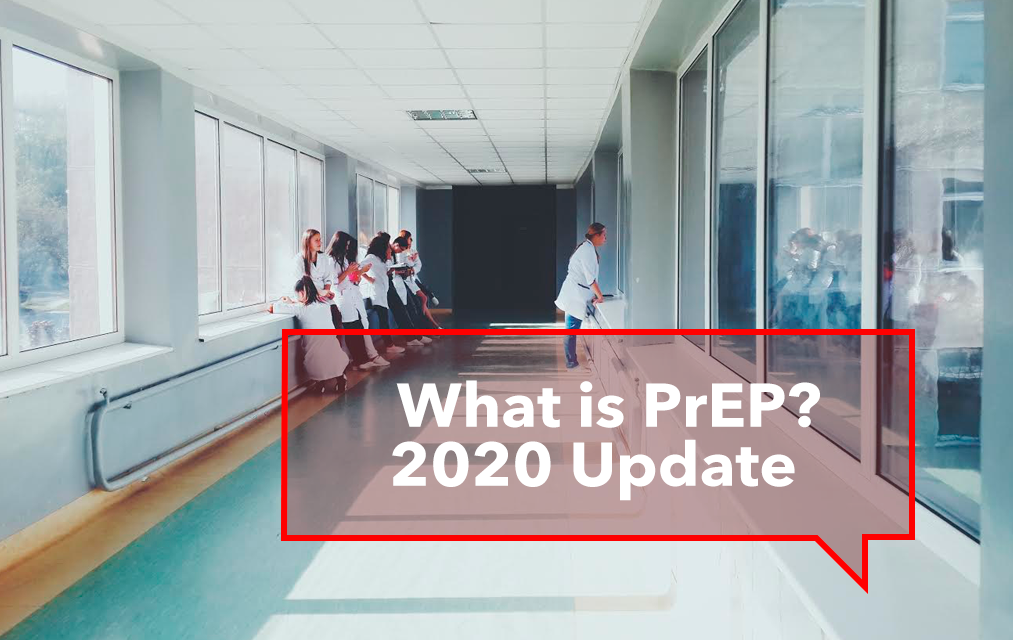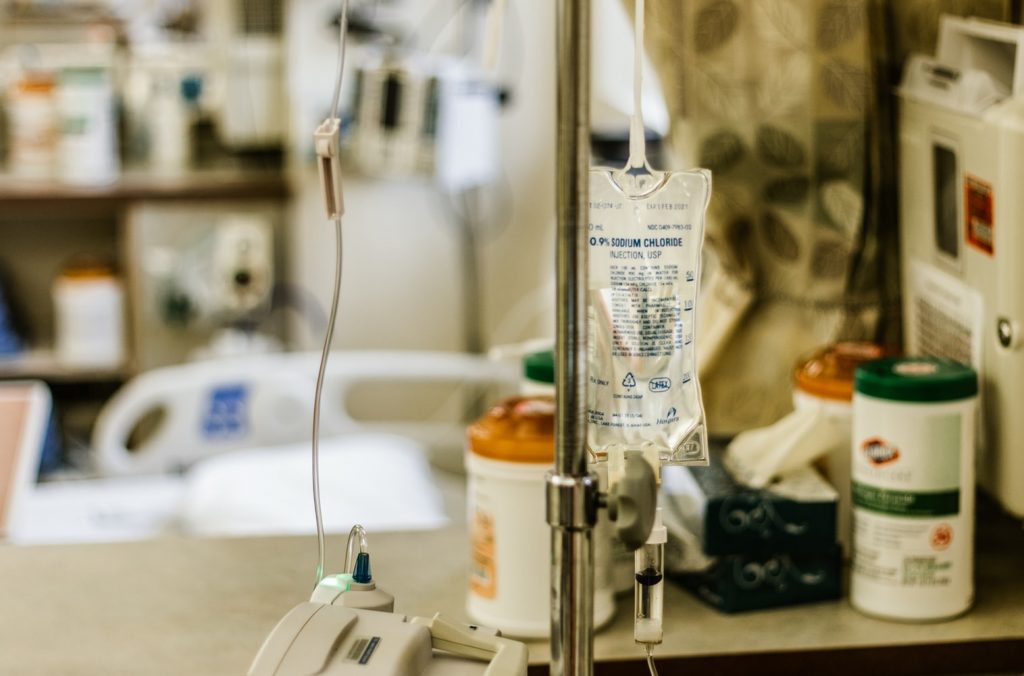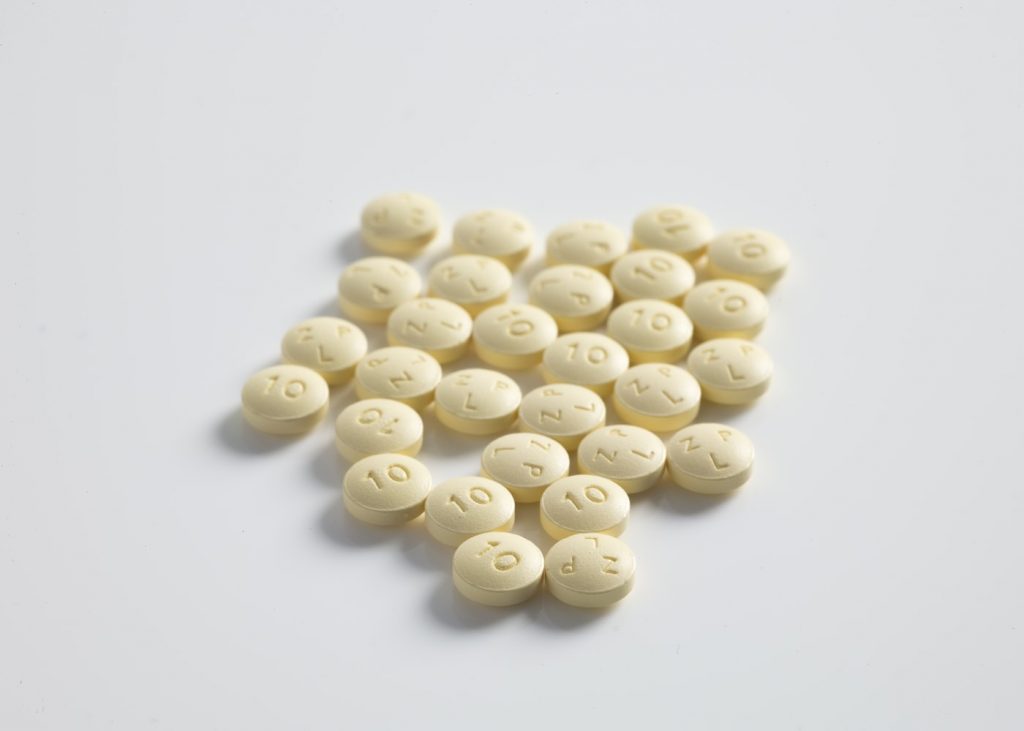What is PrEP? 2020 Update

Acting against HIV and AIDS has taken a variety of different forms, from advocacy to promoting safe sex habits, to innovation in the medical world. That last category will be our focus. There may be a chance that you have heard of PrEP (Pre-exposure prophylaxis), a drug that supposedly rapidly minimizes the risk of HIV infections, even in potentially high-risk situations. Here’s a closer look at the supposed miracle drug and its possible applications.
Understanding PrEP
PrEP is a drug that combines tenofovir and emtricitabine, in conjunction with other medicines to treat HIV. If a person is taking the medication regularly and comes into contact with the HIV virus, the drug can keep it from turning into a full-blown infection. The virus would still enter your body, but the drug, when used properly, prevents it from replicating.
Scientific studies have shown that PrEP, when taken daily, can reduce the risk of contracting HIV from sex by 99% and, likewise, the risk of contracting HIV from a needle by 74%.
There are a few significant points that you should consider when talking about PrEP usage. First, the drug only reaches these levels of prevention if you are taking it daily. If you take it intermittently, the effectiveness drops drastically. In addition, before using PrEP, you will need to submit to an HIV test to confirm you don’t already have the disease. The reason for this is that taking PrEP while already having HIV may lead to drug resistance, impeding the effectiveness of your potential treatment. You should also talk to your healthcare professional about what type of event-based PrEP you want to use. Certain types will be more effective than others based on your sexual habits.

Along with this, those using PrEP should be aware that this isn’t a lifelong treatment. The majority of people that use PrEP take it for short periods when they feel they are at the highest risk of getting HIV. This may apply to specific relationships, times where you will be dating new people, or in an environment where you will be sexually active with people whose status you cannot confirm.
For one final disclaimer, using PrEP is not a replacement for using condoms and other forms of contraception, especially if you are engaging in sex with partners who have an unknown status in this regard. While it will protect you from HIV, it doesn’t apply to any other STIs. Using a condom is still your best line of defense against conditions like chlamydia, and hepatitis C. PrEP also has no contraceptive effects.
When Should You Use PrEP?
Because of the nature of PrEP, and the fact that it needs to be taken daily to be effective, it is suitable for a variety of different scenarios, but not every scenario. For example, people who are in a long-term sexual relationship with a partner that has HIV, but does not have an undetectable viral load, are an excellent candidate to use the drug.

The same applies to gay and bisexual men who are either in a new relationship with a partner they don’t know the HIV status of or with multiple sexual partners. This is particularly the case if condoms aren’t being used. You should also consider using the drug if you have a partner that is at high risk of HIV infection (multiple partners, uses injecting drugs). Finally, on that topic, anyone who has shared injecting paraphernalia or been in a treatment program for injecting drug use might want to consider using PrEP.
There’s no arguing that PrEP is an essential step in the medical world; it has the potential to minimize the risk of getting HIV radically. However, this isn’t the same thing as a cure. Living with HIV, even with modern resources like this, still has a radical impact on your life and health. So, while it’s important to report on details like this, we also need to reemphasize the importance of safe sexual behavior to lower the chance of infection further. Along with this, anyone that is sexually active should be in the habit of getting tested.

